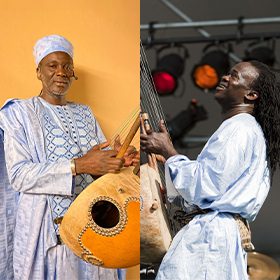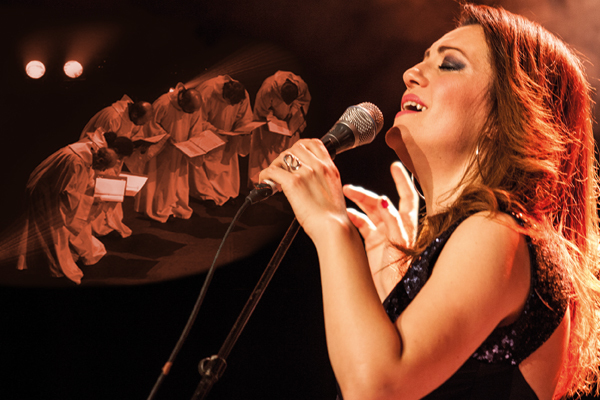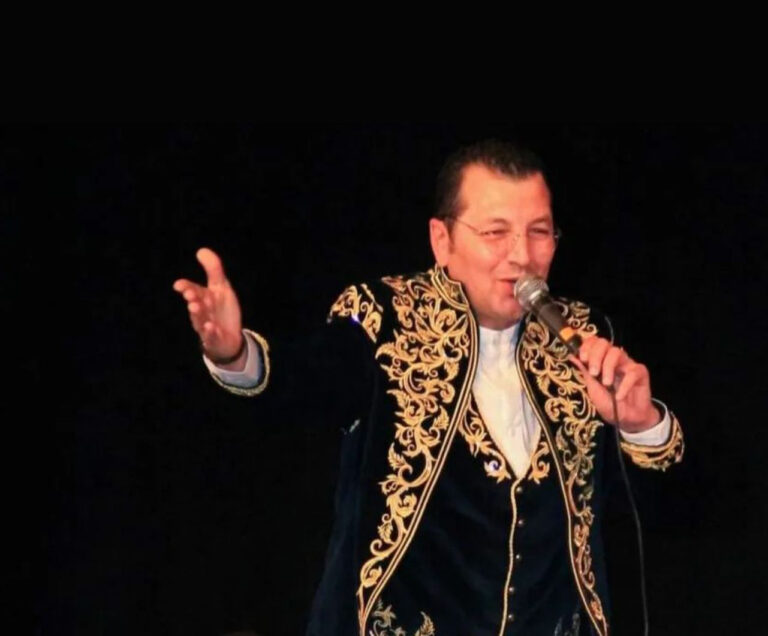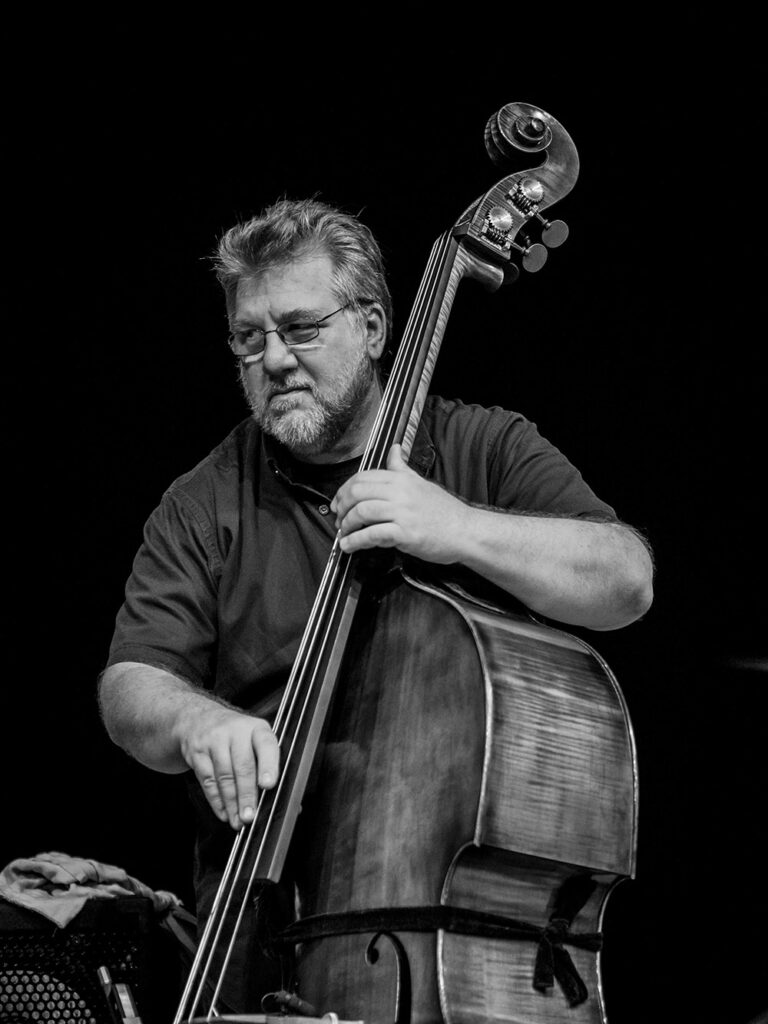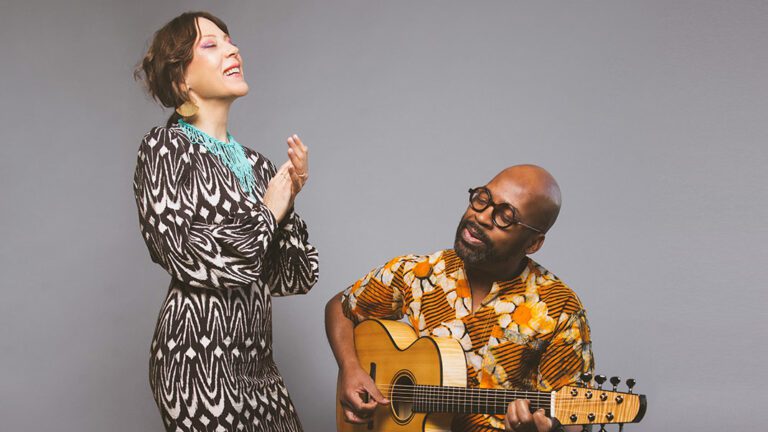La Nuit de la kora est une événement phare du Festival international Nuits d’Afrique. S’y présentent chaque année les humbles dépositaires de la culture mandingue, néanmoins virtuoses de la kora, cet instrument plus grand que nature.
Zal Sissokho est l’un des artistes les plus attachants de la scène world montréalaise. Un sourire permanent et authentique dans les yeux et sur les lèvres, la magie au bout des doigts, le griot est de ceux qui rassemblent. Nominé au Gala Dynastie 2025 dans la catégorie “artiste ou groupe musique du monde”, celui qui n’hésite pas à sortir des sentiers battus “aime marier sa réalité au bagage culturel de la kora” (Radio-Canada, 2025).
Maître de la kora, Toumany Kouyaté est l’un des artisans du spectacle “O”, du Cirque du Soleil, vu par plus de 20 millions de personnes depuis sa création à Las Vegas, en 1998. Descendant, comme Zal Sissokho, d’une longue lignée de griots, il perpétue les traditions du Sénégal en pinçant avec dextérité les 21 cordes de son fascinant et majestueux instrument.
Each year, Festival International Nuits d’Afrique’s flagship event, Nuit de la kora, features the humble custodians of Mandinka culture who are also virtuosos of the larger-than-life kora.
Zal Sissokho is one of the most endearing artists of Montreal’s world music scene. With a genuine smile that lights up his eyes and spreads all the way down to his magical finger tips, this griot knows how to bring people together. Nominated for the Gala Dynastie 2025 “World Music Artist or Group of the Year,” this artist doesn’t fear to stray off the beaten path and “likes to merge his reality with the kora’s cultural heritage” (Radio-Canada, 2025).
Kora master Toumany Kouyaté has performed in the Cirque du Soleil show “O,” seen by over 20 million people since its creation in Las Vegas in 1998. Like Zal Sissokho, he descends from a long line of griots, perpetuating the age-old Senegalese traditions by deftly plucking the 21 strings of his majestic and mesmerizing instrument.
POUR ACHETER VOTRE BILLET, C’EST ICI!
Ce contenu provient du Festival International Nuits d’Afrique et est adapté par PAN M 360
